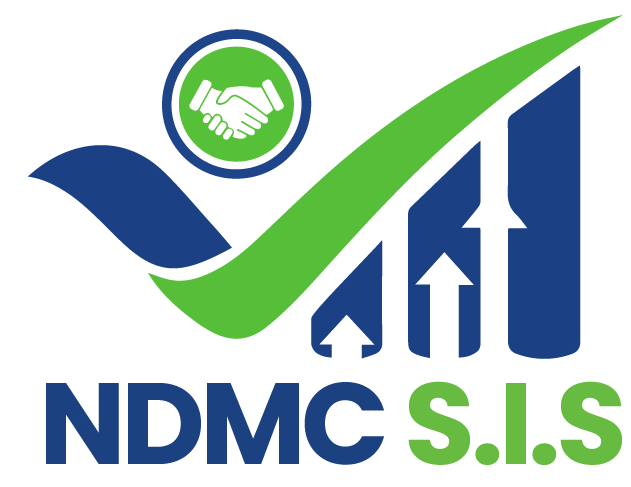Overview
Interest in Islamic finance and Shariah-compliant financial instruments is growing globally. These frameworks not only cater to religious requirements but also align increasingly with ethical, asset-based and risk-sharing financial models. In Pakistan, for example, regulators report a high degree of compliance in capital markets with global standards for Shariah-compliant finance. (news.cxoforum.global)
Recent Developments & Best Practices
- Globally, institutions are launching dedicated Shariah-compliant suites of products — for instance, Standard Chartered announced a Shariah-compliant version of its CIO funds in multiple markets. (Reuters)
- Theoretical and practical advances: adoption of asset-backed structures, real-asset linkages, ethical screening, fintech innovations (blockchain, smart contracts) for Shariah compliance. (FinTech Weekly – Home Page)
- In Pakistan, regulatory initiatives have increased Shariah-compliance transparency and supervision in Islamic capital markets. (news.cxoforum.global)
Why It Matters
- For investors: Shariah-compliant finance offers access to ethical, alternative financial instruments and can serve as a diversifier in investment portfolios.
- For financial institutions: A growing market of Muslim-investors and the broader appeal of ethical finance means potential new business opportunities.
- For regulators and markets: A robust Islamic-finance framework enhances financial inclusion, aligns with global standards, and strengthens the legitimacy of the financial sector.
Challenges & Considerations
- Consistency: Ensuring Shariah standards are uniformly applied across jurisdictions is complex; variations can deter some investors.
- Asset-backed requirement: Some Islamic finance standards require genuine asset-transfer (over purely contractual arrangements), which may raise legal or operational issues. (Financial Times)
- Digital innovation: While fintech offers efficiencies (smart contracts, blockchain), verifying compliance and governance in new models remains a challenge.
Recommendations & Next Steps
- Financial institutions should build clear Shariah-compliance frameworks, adopt transparency, disclose screening mechanisms and perhaps leverage technology to improve audit/verification.
- Investors should understand the underlying structure of Shariah-compliant products, know how screening is done, and evaluate whether the product meets both religious and financial objectives.
- Regulators and industry bodies should coordinate to standardise Shariah-compliance practices, promote investor education and incorporate global best practices (e.g., from Accounting and Auditing Organization for Islamic Financial Institutions – AAOIFI).


